Quality management standards are
important because they give a framework for managing some of the key business
activities, and following their requirements has many benefits for businesses.
This article explains some of the most common ISO quality standards and quality
frameworks.
The ISO 9000 Family of Standards
ISO 9000 standards are a family of
quality management standards that have three documents, and one additional
supplementary document. ISO 9000, ISO 9001 and ISO 9004 compose the family of
ISO 9000 documents. ISO 19011, guidelines for auditing management systems, is
attached because it is the auditing requirements document used to audit an ISO
9001 quality management system.
ISO 9000: This
is a standard that is referenced in ISO 9001, ISO 9004, AS9100 and many other
documents regarding a quality management system. ISO 9000 is the first document in
the ISO 9000 family of standards and has two main purposes. Firstly, it is used
to define the many terms that are used throughout the quality management system
standards. Secondly, it describes the fundamental quality management principles
that are behind the ISO 9001 standard for implementing a quality management
system. It is not, however, a document containing requirements against which a
company can certify its quality management system; this is available through
the ISO 9001 standard.
ISO 9001: The
most commonly used set of requirements for designing a QMS, it includes
requirements for developing and implementing a quality management system based
on improving customer satisfaction. The requirements are aligned in a PDCA
improvement cycle (Plan-Do-Check-Act cycle) of Planning for the work of the
QMS, Doing the work of the QMS, Checking the work of the QMS against
requirements and Acting to correct any problems that occur which will feed back
into the next round of planning.ISO 9001 provides
the information necessary for a company to implement a quality management
system, and a QMS certification against
ISO 9001 is recognized worldwide.
ISO 9004: This
is a standard that can accompany ISO
9001 for implementing a quality management system, but is not
necessary to do so. This document is designed to provide guidance to any
organization on ways to make their quality management system more
successful. Unlike ISO 9001, ISO 9004 is not intended for certification,
regulatory or contractual use. This means that you cannot certify your quality
management system to ISO 9004. It also means that the use of ISO 9004 is not
intended to be mandated as a legal or contract requirement. The standard is,
however, a good reference to turn to for ideas in how to make your
implementation of ISO 9001 more effective and successful.
ISO 19011: This
is also a standard published by the international organization for
standardization, and includes the requirements for auditing a management
system. The standard defines all the requirements for an audit program, as well
as how to conduct successful audits. It is used as a resource to train anyone
who audits quality and environmental management systems, and the auditors who
certify that companies have met the requirements of standards such as ISO 9001, ISO 14001 and the
like are trained using this standard.
Other Common Quality Management System Standards
Below are some of the more common
quality management standards that are specialized for certain industries. These
systems, like ISO 9001, provide requirements that can be used to design and
create a quality management system for a company.
AS9100: This
is a standard that is based on ISO 9001 and has additions designated for use in
the Aerospace Industry. The additions include such main topics as Risk
Management and Configuration Management. A QMS can be certified by a third
party to comply with this standard.
ISO 13485: This
is a standard published by the ISO organization for use by companies that want
to design a QMS for medical devices and the requirements for regulatory
purposes surrounding them. A third party can certify a company’s QMS to this
standard.
ISO/TS 16949: This
document includes requirements for the application of ISO 9001 for automotive
production and service part organizations. The requirements include all
additional QMS requirements agreed by the main automotive manufacturers to
accompany ISO 9001. In addition, though, each main automotive customer that a
company works with has an addendum to the TS 16949 requirements that are
specific to that customer. A QMS designed using these requirements can also be
certified against them.
MBNQA: The
Malcolm Baldridge National Quality Award recognizes U.S. organizations for
performance excellence. The award has a set of requirements against which a
company could design and assess a QMS built around the criteria for promoting
business excellence. Apart from external assessments to attain the award, there
is no ongoing certification against these requirements.
Quality Frameworks that support Quality Management
The following items are quality
concepts that support an organization in pursuing improvements and quality
excellence, but they are not designed as sets of requirements against which to
create a quality management system, and a QMS cannot be certified against these
guidelines.
Lean: The
core idea is to maximize value by eliminating waste. The main concept is that
anything that adds cost to a product, but not value, is waste and should be
controlled or eliminated. Lean concepts are used to improve processes by
removing waste, thus making them more efficient. The concept of lean (also
referred to as lean manufacturing, lean enterprise or lean production) was
derived in the 1990s mostly from the Toyota Production System, which used a
concept of the reduction of “seven wastes” to improve customer value.
Six Sigma: This
is a set of tools and techniques used for process improvement by focusing on
using the statistical outputs of the process to improve the process. It is used
in many organizations to support the QMS by helping to improve processes, but
Six Sigma does not define a QMS. The tools of Six Sigma were developed by Motorola
in 1986 as a means of improving the quality of processes and their outputs by
identifying and eliminating the causes of defects.
TQM: Total
Quality Management consists of practices designed to improve the process
performance of a company. The techniques help improve efficiency, problem
solving and standardization of processes. These techniques are used to aid in
quality management, but do not provide a framework for a Quality Management
System. The concept of TQM was originated in the early 1980s and became
widespread near the end of that decade. It was mostly supplanted by ISO 9001,
Lean and Six Sigma by the late 1990s; however, many of the concepts are still
used in conjunction with these other philosophies.


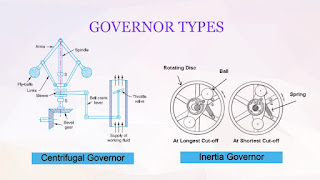
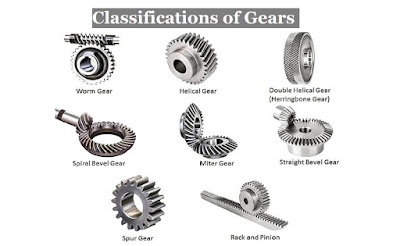



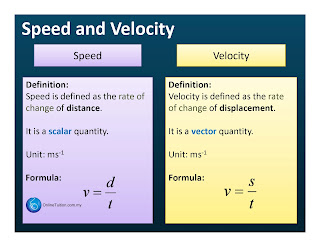


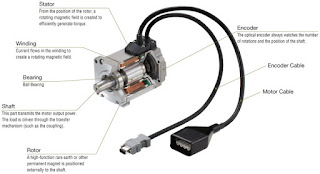


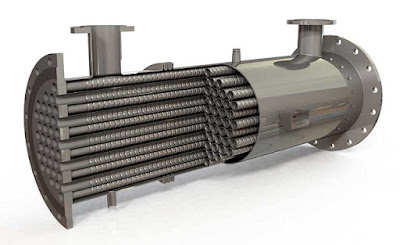

Comments
Post a Comment